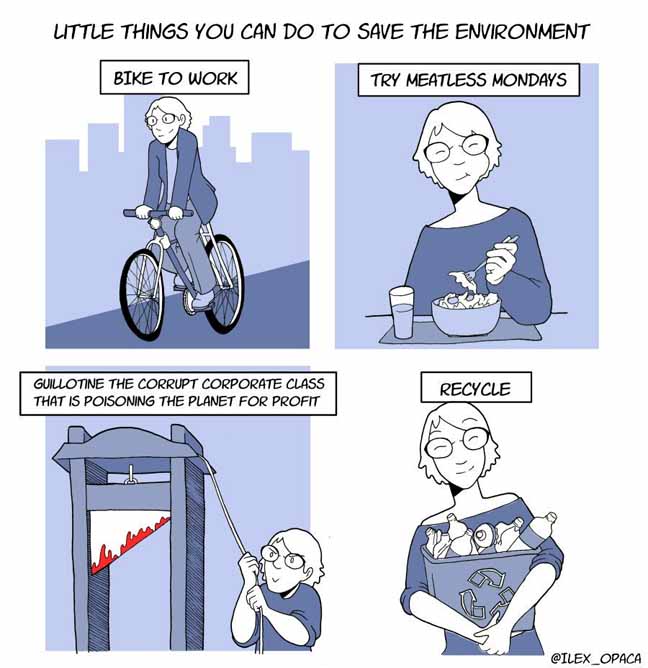1970s advert
The evolution of the electric kettle is instructive. Invented in the eighteen nineties, its initial forms had drawbacks. Like taking an age to do the biz, heating water by making it live – quite serious, that – and not switching off automatically.
That last was still unresolved by the early seventies, though electric kettles were now a familiar item in daily life. But by decade’s end auto switch models were appearing in the kitchens of the well to do; kitchens frequently made-over to keep the blues at bay. Kitchens embracing an out-with-the-old/in-with-the-new philosophy vital to a consumer-driven capitalism barely begun.
And that pudding shape? Few questioned it. Yes, it was a drag having to boil a quart of water to make a single cuppa. But an element standing an inch proud of a nine inch base, and requiring full immersion on pain of burning out, seemed a small price to pay for progress.
Then someone asked why the kettle was the shape it was. That rise of Keynesian consumerism, you see, and with it of Designer Man, made it worthwhile paying smarties fresh out of college to ask such questions. This is a Good Thing. Or at least, not a Bad Thing per se.
Coming up with the right question, in this as in many other aspects of human experience, 1 was the toughest part. Once asked, the answer was obvious. That Crimbo Pudding shape, low profile and bottom-heavy, had lent stability on an open flame. But now the heat came from within. Cue for a brand new look: tall and slender; just the thing for Bedsit Man, kicked out by the missis for his indolence and wandering eye.
Why wasn’t this seen right away, at the dawn of electric kettledom? Here I’m willing to believe it a matter of psychological inertia. Why questions, though often simpler than how questions, may elude us for decades. I’ve spoken of kettles and (in a footnote) the tunnel vision informing the design of London Underground maps prior to Harry Beck. But I dare say you have your own examples of new technologies haunted by the ghosts of their ancestors.
*
And so to electric cars. Rising take-up is being fuelled by several factors: oil running out and climate concern, hence tax inducements for early entrants to this promising new market.
(Key word, that: market. Solutions outside of capitalism are almost literally unthinkable. 2 But I’m getting ahead of myself.)
Rising take-up in turn drives further benefits in the shape of better batteries for faster recharge and greater range per charge, as well as nationwide coverage of charging points.
I have friends and family with electric cars. Their pride in the wisdom and environmental virtue which led them to acquire these gleaming wonders – it’s still too early to be seeing electrical bangers on our roads – is palpable.
And what do they think of me, with the scruffy ten year old diesel propelled Skoda I share with my partner?
(I use it as little as possible – weeks can go by without I go near it – but still, a diesel for God’s sake! Greenwise that puts me with the lowest of the low; down there with the hiders of empty gin bottles under the potato peelings, bleach users, dog poo non scoopers and – the time for mincing words has long passed – ecocidal water boilers who measure not their need.)
Of course, the types I’m likely to call friends – kin’s another matter – do their best not to be too obvious in their disdain for carbon criminals like me. It’s rank bad form to rub our faces in it.
And me? Well for one thing, given my druthers I too would go with the current. It makes sense – painfully limited sense, to be sure, but sense all the same. For another, in the main I reciprocate the non face rubbing. I don’t make too big a deal of the fact that, fuel aside, the electric car has all the ecocidal tendencies of its carbon-farting cousins. The three most important being:
- Wanton use of this earth’s finite bounty in their construction, compounded massively by a systemic need for planned obsolescence; for their periodic replacement as the Mad Men urge us to treat ourselves – because we deserve it – and pundits pore over the August new car sales figures as a key measure of ‘growth’.
- Crowded roads and calls for their alleviation by – you got it – loss of more land to yet more roads. Parkinson’s Law? You some kind of tree hugging, anti-progress hair-shirt?
- A ‘solution’ to today’s transport needs which is akin to those pudding shaped kettles but vastly more insane, and lacking the excuse of honest psychological inertia. Yes, we are in love with our cars but this has been cultivated by the witches and wizards on Madison Avenue and in any case not even an option for many of us. With rail and bus services overpriced and underfunded, the coaches as filthy as our unswept streets – while China shows the world what could be – social cost-benefits calculated in the narrowest possible way make our dependency on privately owned cars more than just tunnel vision. (Or sinful pleasure whose forgoing confers brownie points. That’s way too small a view on things.) Whether running on electricity, hydrocarbons or distilled turnip wine, the car is the most eloquent of testimonies to the madness, the ecocidal madness, of capitalism unbridled.
* * *
- See in this respect the story, tucked into a post on my stay in Shanghai, of mapping London’s Underground. Overly complex maps made riding it a fearsome challenge to the outsider. Then along came electrical engineer Harry Beck to ask: why does it have to be a map? Isn’t a circuit diagram more appropriate?
- See my post, Ecocide: the Mullah Nasruddin speaks.



The answer is (as we are not going to stop exploiting the resources of the Earth until civilisation breaks down – which it might well do [see Mohenjo-Daro]) is to legislate for all cars to be banned from cities and towns (apart, possibly, from disabled users) and be replaced by frequent and efficient EV public transport. However, in sparsely populated rural areas where such provision would be vastly uneconomical, cars would be retained, but in a car-pool hire only model. Trucks etc. might have to be hydrogen powered – or maybe not if battery technology gets much better. But also, as capitalism is very soon not going to be a viable option, (no possibility of endless growth) we will have to get over our need for instant gratification, and slower coastal shipping and canals can be utilised again. Maybe even tethered dirigible baloon lines?